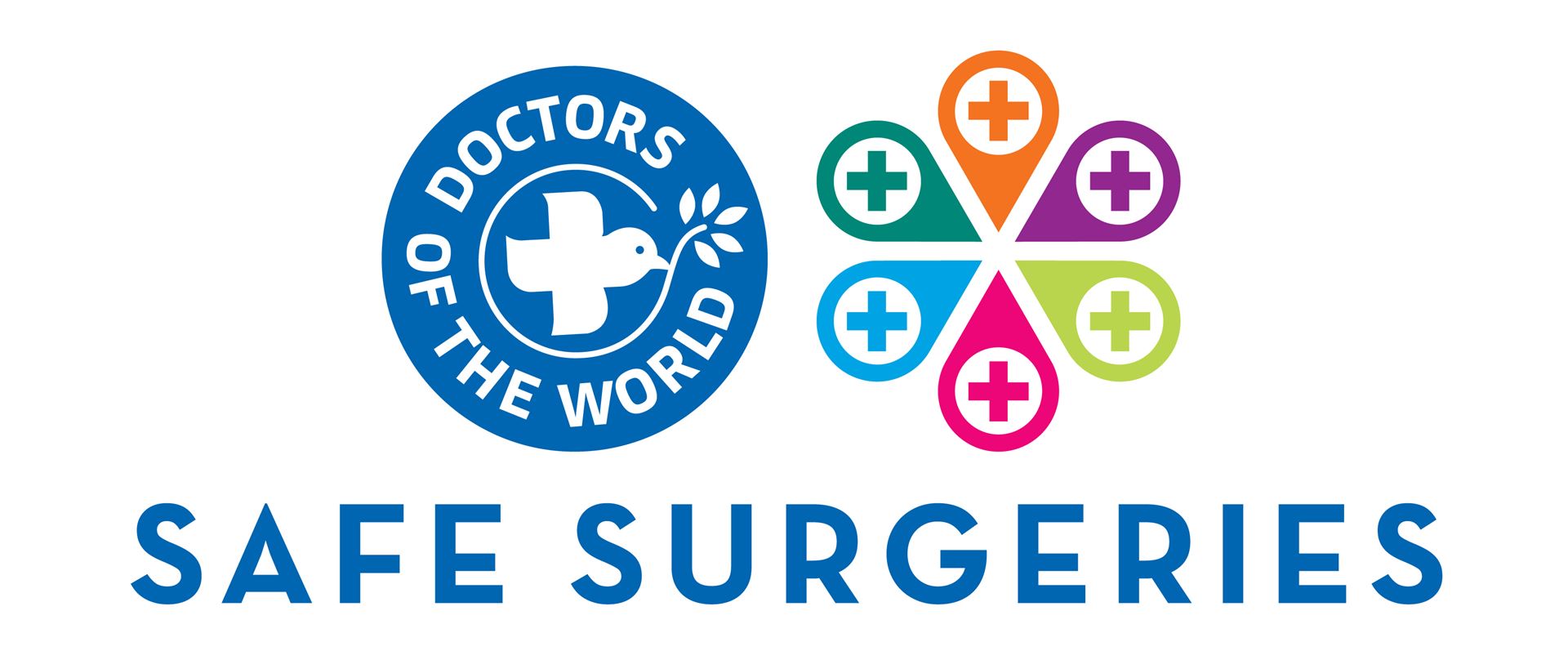Learning Disabilities Information
We have developed this information page for Patients with a learning disability or for anyone caring for a person with a Learning Disability.
What Is a Learning Disability?
A learning disability is a reduced intellectual ability and difficulty with everyday activities – for example household tasks, socialising or managing money – which affects someone for their whole life.
is a reduced intellectual ability and difficulty with everyday activities – for example household tasks, socialising or managing money – which affects someone for their whole life.
People with a learning disability tend to take longer to learn and may need support to develop new skills, understand complicated information and interact with other people.
Learning disabilities Annual Health Check
It is important that everyone over the age of 14 who is on their doctor's learning disability register has an annual health check.
An annual health check can help you stay well by talking to a doctor or nurse about your health and finding any problems early, so they can be sorted out.
Please see this leaflet for further information: Learning Disabilities Health Check - Easy Read Guide Final.pdf
When you come for an annual Health Check, the Doctor and Nurse will ask you some questions about your health.
The Nurse will do some tests including
- checking your blood pressure
- Measuring your height
- Taking your weight
- Testing your urine sample
- The Nurse will look into your ears with a special light
- The doctor will examine you while you are lying down
- You may be asked to have a blood test
- The doctor and Nurse will ask you questions about how you are feeling.
Annual Checks
Oral Health – Dental check
Screening - These are Special tests that can sometimes find cancer early.
- Bowel Cancer Screening (Age Range 50 - 74)
You will be invited to take part in bowel cancer screening every two years. If you are over the age of 75 you can ask for a screening test by calling the free bowel cancer screening helpline on 0800 707 60 60.
Please visit: https://www.nhs.uk/conditions/bowel-cancer-screening/
Easy Read Leaflet: Patient Information Leaflet - Bowel screening.pdf
- Breast Examination - Breast self-exam, or regularly examining your breasts on your own, can be an important way to find breast cancer early, when it’s more likely to be treated successfully. Although no single test can detect all breast cancers early, many people report that performing a breast self-exam in combination with other screening methods can increase the odds of early detection.
Please visit: https://www.gov.uk/government/publications/breast-screening-information-for-women-with-learning-disabilities
- Mammography (Aged 47-73 yrs.)NHS breast screening uses X-rays, called mammograms, to look for cancers that are too small to see or feel.
Please Visit: https://www.nhs.uk/conditions/breast-screening-mammogram/
Easy Read Leaflet: Breast CAre for Women - Easy Read Leaflet.PDF
- Smear Test (For women 25 – 64) - The smear test is also called cervical screeningCervical screening looks for a virus in the cervix.
Please visit: https://assets.publishing.service.gov.uk/media/5c9dea50ed915d07adf5c2d1/CSP05_an_easy_guide_to_cervical_screening.pdf
- Testicular examination (All Male patients)A common cancer for men aged 15 to 45 is cancer of the balls (testicles).
Easy Read Leaflet: Patient Information Leaflet - Check your balls.pdf
- Prostate Check (For All Male Patients)
Please see the following leaflet to know What changes you should look for
Easy Read Leaflet: Patient Information Leaflet - Prostate.pdf
- Abdominal Aortic Aneurysm screen (For Male Patients 65 years and older)
Please visit: Easy Read Information - AAA - Abdominal Aortic Aneurysm
Lifestyle & Health Advice
Please Visit the links for further information on each topic:
- Diet: https://www.mencap.org.uk/ahealthierme
- Exercise: Exercise Information Easy Read
- Smoking: Easy Read Smoking
- Alcohol & Substance Misuse: Alcohol & Substance misuse - easy read leaflet.pdf
- Blood Pressure: Blood Pressure - Easy Read Leaflet.pdf
- Diabetes: diabetes-easy-read.pdf
- Pre-Diabetes: https://www.diabetes.org.uk/diabetes-the-basics/types-of-diabetes/type-2/prediabetes
Page created: 21 April 2023
